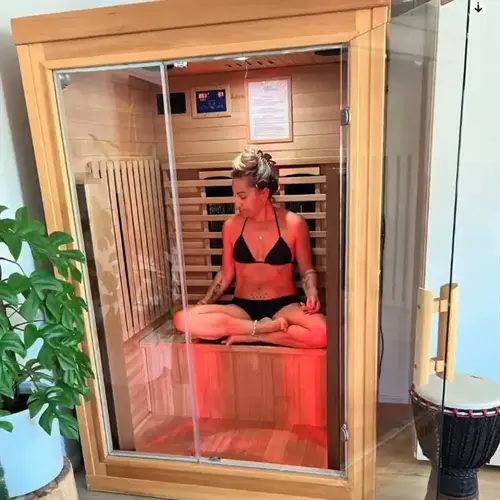What role does nature play in self-care?

Written by
Robert Kelly
Reviewed by
Prof. William Dalton, Ph.D.Nature is a powerful therapist, providing scientifically supported healing at no charge. Natural surroundings regulate our nervous systems in ways that urban environments can not. Walking in forests lowers cortisol dramatically. This biological response illustrates the inherent restorative nature of Mother Earth for women navigating daily stressors in their lives.
Forest Bathing (Shinrin-yoku)
- Slow immersive walks activating parasympathetic nervous system
- Phytoncide exposure boosting natural killer cell activity
- Minimum 120 minutes weekly for measurable cortisol reduction
Grounding Practices
- Barefoot contact with earth or grass for electron transfer
- 20 minutes daily reduces inflammation markers
- Concrete alternatives when soil unavailable
Sensory Engagement
- Bird song identification for auditory mindfulness
- Leaf texture observation enhancing tactile awareness
- Seasonal scent tracking like pine or rain petrichor
Forest bathing requires sensing the atmosphere, not just taking strolls in the trees. It requires a slow pace and attention to the changing light patterns created by the leaves. Take deep breaths and inhale the fragrant wood oil-phytoncides. By inhaling this material into your body, you increase the activity of your immune cells. Studies show a decrease in stress after just two hours a week of this therapy.
Grounding provides biological benefits through electron transfer from the Earth to the body. Walk barefoot on the dew-covered grass. If parks are unavailable, stand on the concrete of your balcony. Both surfaces facilitate the transfer of charge to you, often reducing the inflammatory markers within weeks of practice.
Sensory training fosters focused attention, which helps combat mental fatigue. Identify five distinct bird songs during morning walks. Notice seasonal variations in bark textures. Track scent variations after rain. Such micropractices anchor you in the present moment, interrupting anxious thought cycles.
Urban accommodations can facilitate access to nature. Engage with nature by growing herbs on your windowsill. Use nature sounds during commutes when parks are further away. Photograph the cloud formations outside your office window. These small links continue to provide benefits even when you have limited access to nature outdoors.
Spending time in nature every day becomes preventive medicine. Give yourself the smallest doses possible, like 20 minutes a day. Your nervous system learns to reset itself. This reduces dependence on outside tools for managing stress. Nature remains your most available therapist.
Read the full article: 10 Essential Self Care Tips for Women

